We are proud to announce that Logical Biological has been honoured with the King’s Award for Enterprise. This prestigious award recognises Logical Biological’s excellence in International Trade for Outstanding Short-Term Growth in overseas sales over the last three years (2020-2022), which amounted to a more than one hundred and seventy per cent increase in international revenues during the period. This growth was achieved organically, amidst the challenging circumstances of the COVID-19 pandemic and is a mark of the company’s excellent reputation and unwavering commitment to providing high-quality biological samples to its diagnostic and therapeutic customers.
The King’s Awards for Enterprise, previously known as The Queen’s Awards for Enterprise, were renamed last year to reflect His Majesty The King’s desire to continue the legacy of HM Queen Elizabeth II’s by recognising outstanding UK businesses. The Award programme, now in its 58th year, is the most prestigious business award in the country. The awards celebrate the success of exciting and innovative businesses which are leading the way in one of four categories: Innovation, International Trade, Sustainable Development and Promoting Opportunity (through social mobility).
“We are delighted to receive the King’s Award for International Trade, which affirms our role as a leader in the global biospecimens market,” expressed Dr James Steggles, Managing Director of Logical Biological. “This award is a testament to the tireless efforts of our team and the trust our customers place in us as their supplier of choice for high-quality biospecimens. Our commitment to excellence not only propels our growth but also significantly furthers our mission to contribute to a healthier world.”
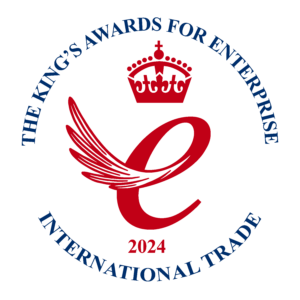
Over the three-year period, Logical Biological worked with a record number of customers, including many of the top 10 global leading companies in In Vitro Diagnostics (IVD) test manufacturing. It shipped products to twenty-four countries (including the USA, Germany, South Korea, Ireland, and Australia), and continues to expand its reach globally. The success of Logical Biological on a global scale can be attributed to its comprehensive range of biological samples and its commitment to quality, reliability, customer service, and responsiveness. The company’s deep understanding of the international scientific community’s needs, coupled with its focus on a customer-centric approach and strict quality control protocols, ensure superior product quality and customer satisfaction.
Lowri Cope, Commercial Director at Logical Biological, added, “We are immensely proud to be recognized for our outstanding growth in international trade. Our strong relationships within the global In Vitro Diagnostics (IVD) community form the foundation of our success. We are excited to continue this trajectory, expanding our partnerships and enhancing our role in diagnostics and therapeutic research and development.”
This recognition is not just an award but a reflection of Logical Biological’s dedication to impacting the global healthcare landscape positively.
Want to hear more from Logical Biological?
Sign up to our newsletter to for the latest updates.
Subscribe Now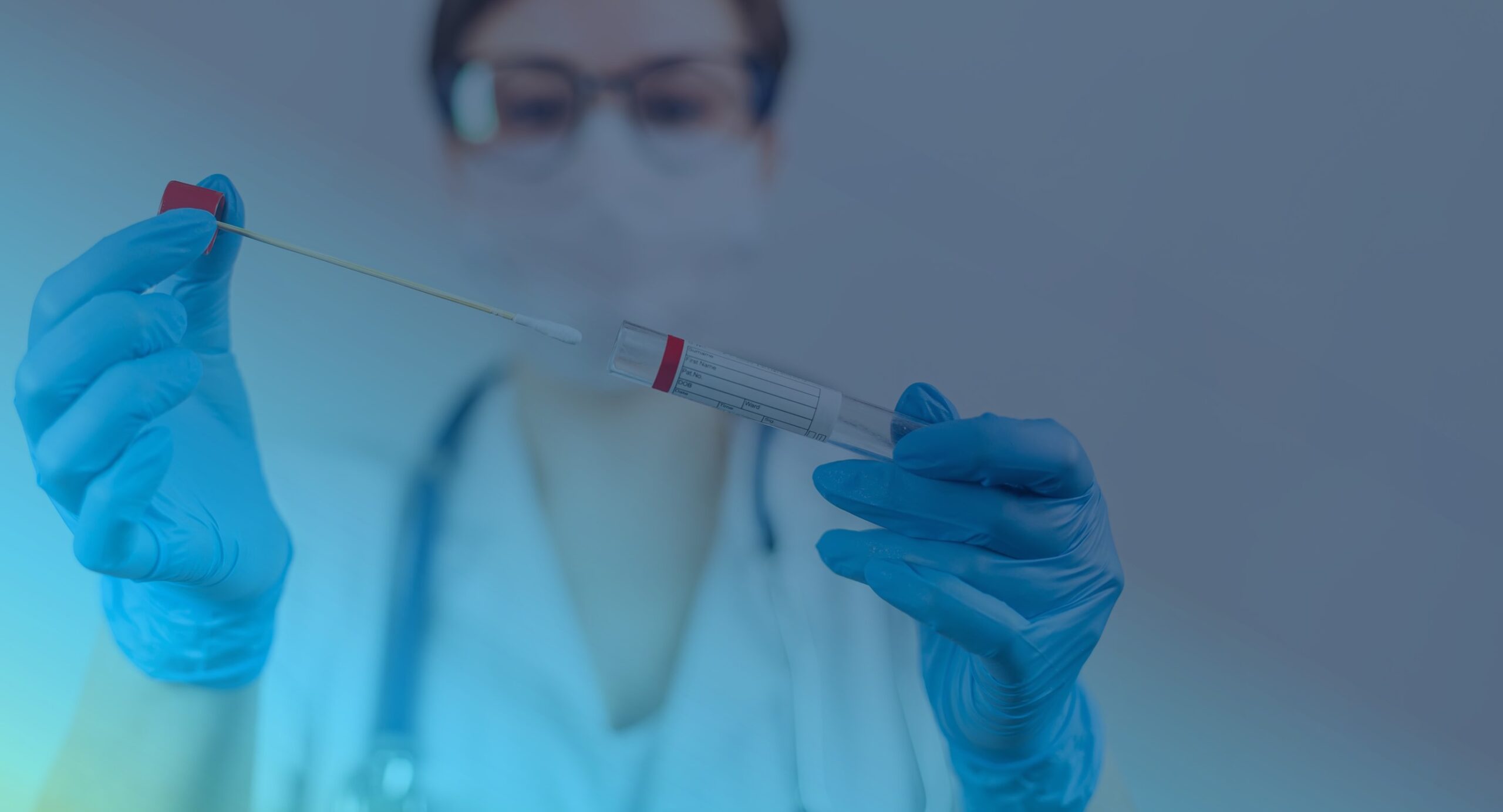
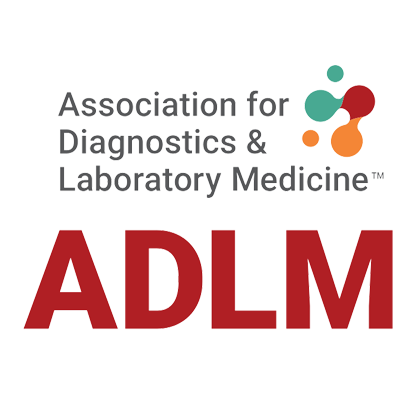
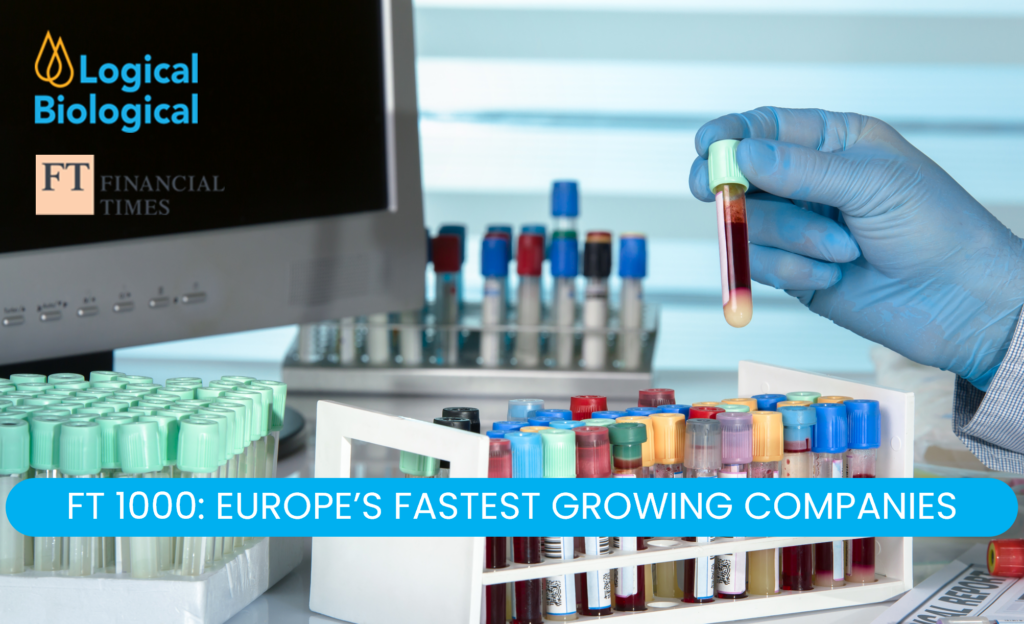)
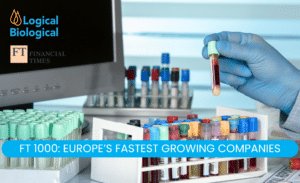
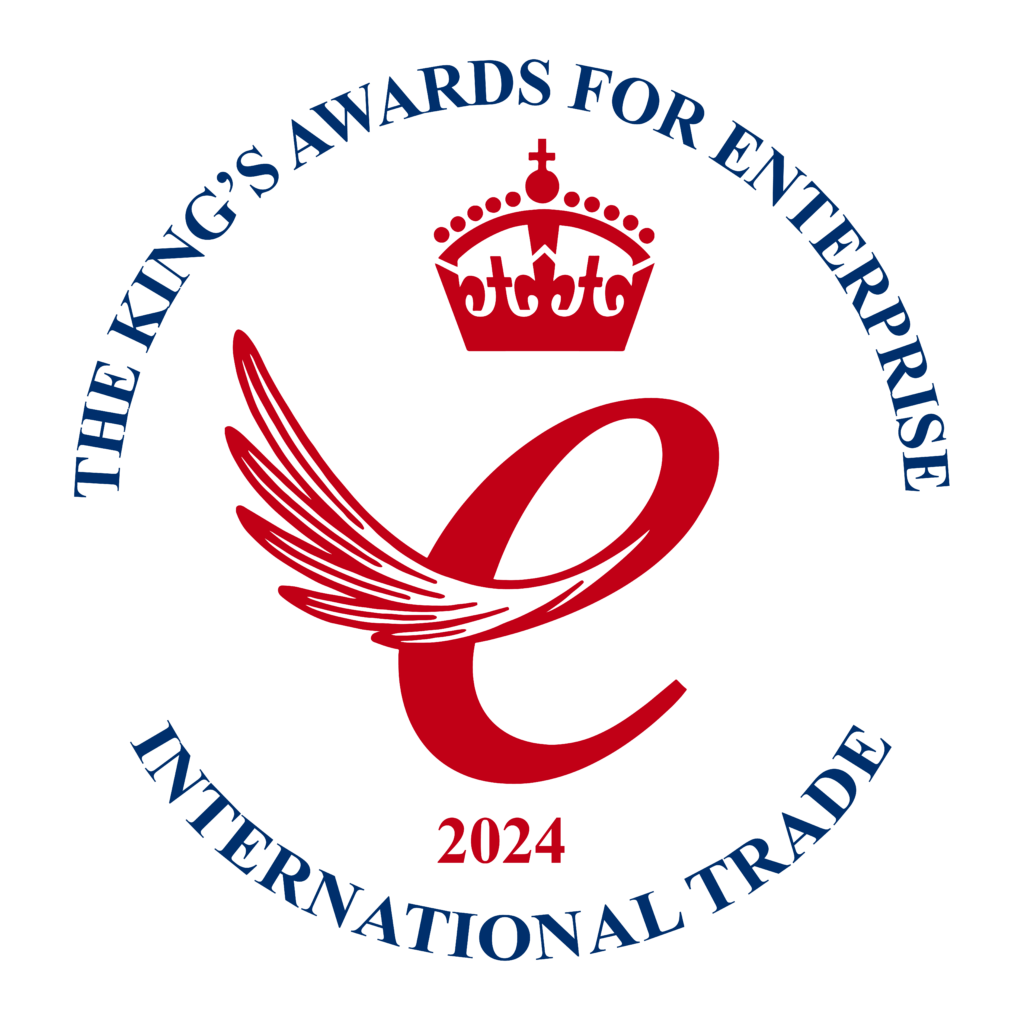)
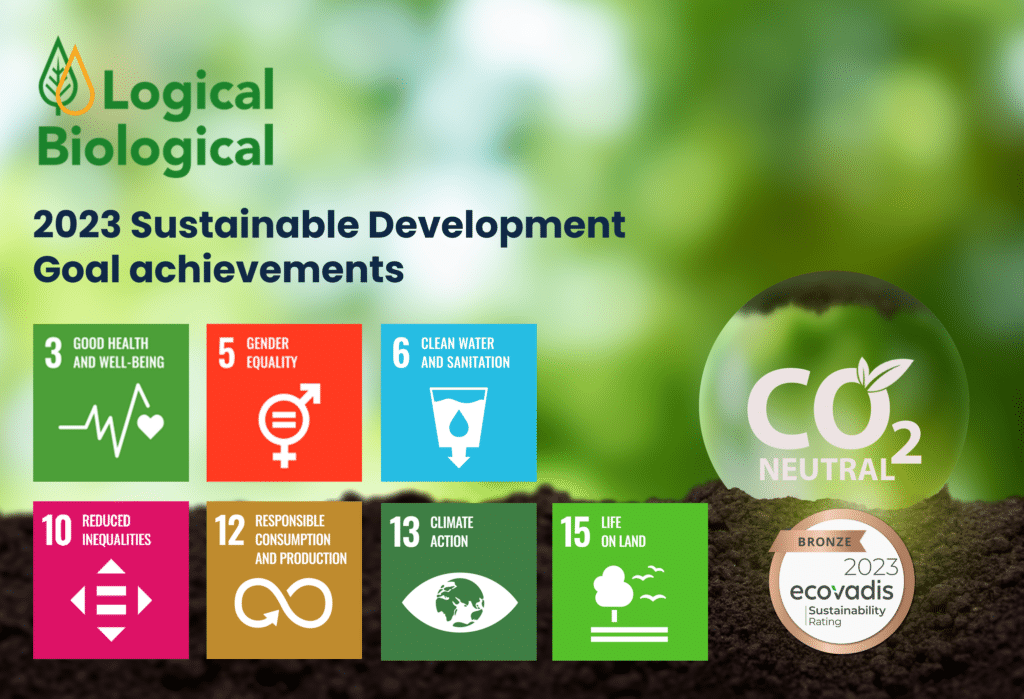
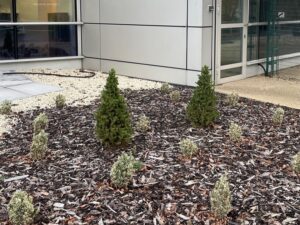
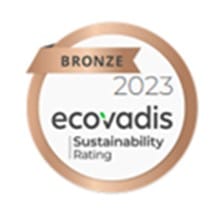
)









)